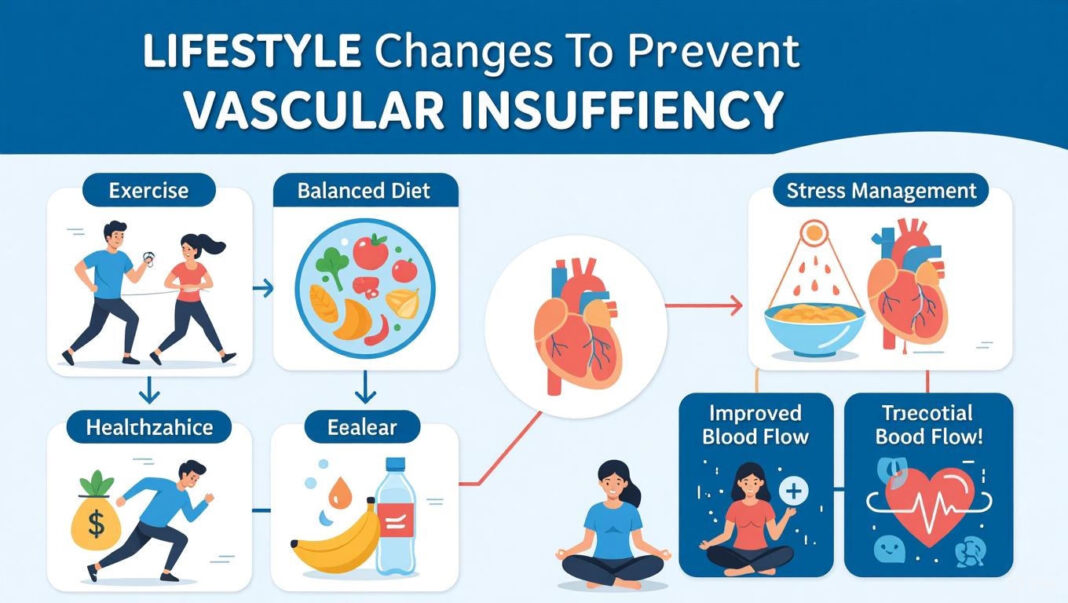Pediatric neurology offers specialized care for children experiencing various neurological conditions, including ADHD. This medical field focuses on diagnosing and treating nervous system disorders that affect children from infancy through adolescence. Understanding what pediatric neurology encompasses and how it addresses conditions like ADHD can help you make informed decisions about your child’s healthcare needs.
What Is Pediatric Neurology?
Pediatric neurology is a medical specialty that diagnoses and treats nervous system disorders in children. This field addresses conditions affecting the brain, spinal cord, peripheral nerves, and muscles in patients from birth through adolescence. Pediatric neurologists receive specialized training to understand how neurological conditions manifest differently in developing children compared to adults.
The scope of pediatric neurology extends beyond traditional neurological conditions. Specialists in this field treat developmental disorders, learning disabilities, behavioral conditions, and various neurological symptoms that impact a child’s daily functioning. This comprehensive approach enables holistic care that assesses both medical and developmental aspects of neurological health.
What Is ADHD?
ADHD (attention-deficit/hyperactivity disorder) is a neurodevelopmental condition characterized by persistent patterns of inattention, hyperactivity, and impulsivity. These symptoms interfere with a child’s functioning and development across multiple settings, including home, school, and social environments. ADHD affects millions of children in the United States.
The condition presents in four primary forms: predominantly inattentive, predominantly hyperactive-impulsive, combined presentation, and unspecified presentation. Children with the inattentive type struggle with focus, organization, and completing tasks. Individuals with hyperactive-impulsive symptoms exhibit excessive movement, difficulty maintaining stillness, and impulsive decision-making. The combined type includes symptoms from both categories.
What Are the Causes and Symptoms?
ADHD results from complex interactions between genetic, environmental, and neurobiological factors. It has a strong genetic component, with the condition often running in families. Structural and functional differences in brain areas responsible for attention, executive function, and impulse control contribute to ADHD symptoms.
Symptoms of inattention include difficulty sustaining attention, frequent careless mistakes, and problems organizing tasks and activities. Children may appear not to listen when spoken to directly and often lose items necessary for tasks. Hyperactivity symptoms manifest as excessive talking, difficulty remaining seated, and restlessness in inappropriate situations.
Impulsivity symptoms include difficulty waiting turns, interrupting others, and making hasty decisions without thinking about the consequences. These symptoms must be persistent and occur across multiple settings to meet diagnostic criteria. The severity and combination of symptoms vary significantly among individuals with ADHD.
What Does Treatment Involve?
ADHD treatment typically involves a multimodal approach combining various therapeutic interventions. Medical treatment may include stimulant or non-stimulant medications that help regulate neurotransmitter activity in the brain. These medications can improve attention, reduce hyperactivity, and enhance impulse control when prescribed and monitored correctly.
Educational interventions focus on creating structured learning environments and implementing accommodations that support academic success. These may include extended time for assignments, preferential seating, and breaking tasks into smaller, manageable components. Behavioral therapies teach children coping strategies, social skills, and self-regulation techniques. Psychological support addresses any co-occurring mental conditions that may accompany ADHD.
Visit a Pediatric Neurologist Today
Pediatric neurology provides specialized care for children facing neurological challenges, including ADHD. Through comprehensive evaluation and individualized treatment plans, pediatric neurologists assist children and their families in navigating complex neurological conditions. If your child displays symptoms of ADHD or other neurological concerns, schedule a consultation with a pediatric neurologist. Early intervention and appropriate treatment can improve your child’s quality of life and long-term outcomes.





